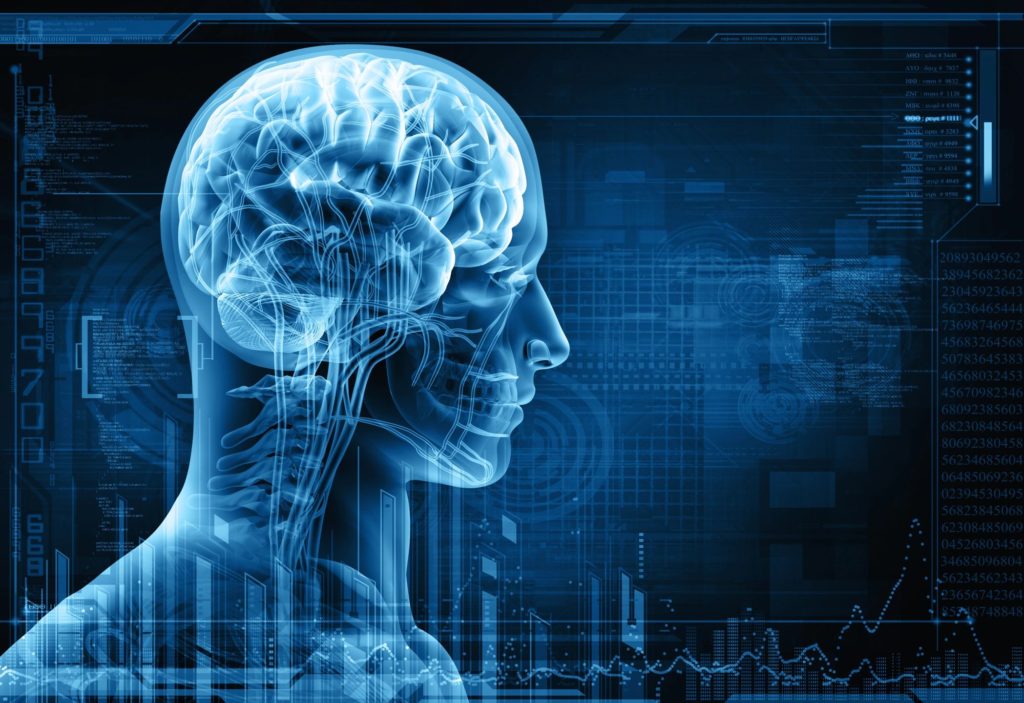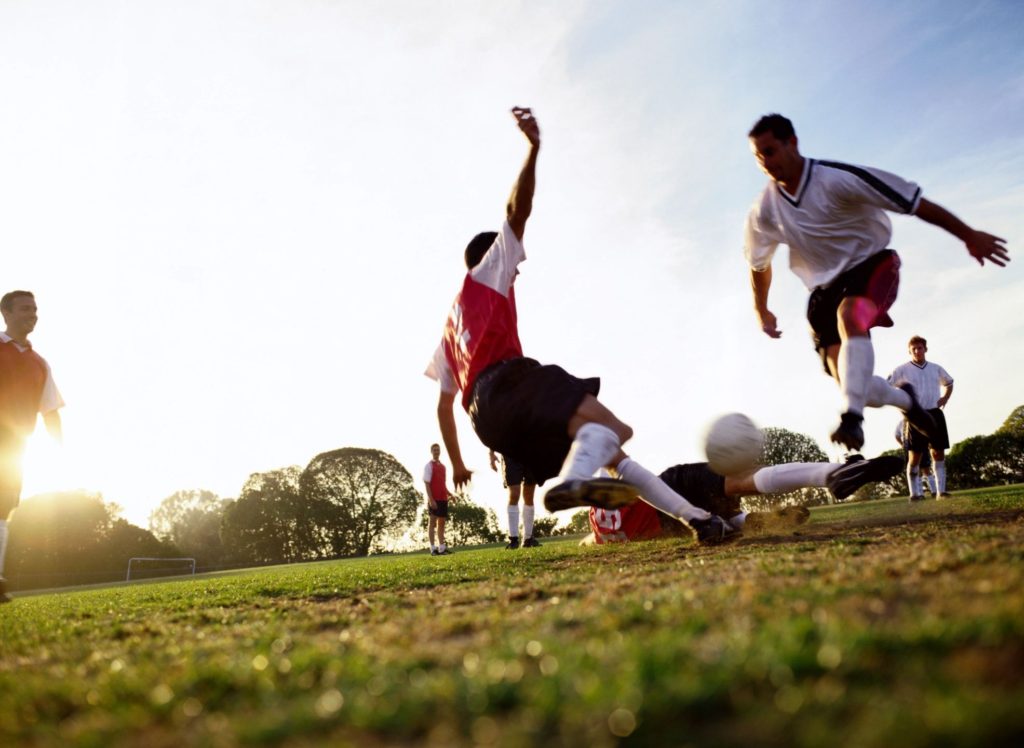What is a concussion?
A concussion is not simply getting your “bell rung”. A concussion is a form of mild traumatic brain injury (mTBI) and should be treated with the respect it deserves.
Basic Concussion Facts
The CDC defines a concussion as:
“a TBI caused by a bump, blow, or jolt to the head or by a hit to the body that causes the head and brain to move quickly back and forth.”
- A direct hit to the head is not required to suffer a concussion i.e., whiplash injuries in car accidents where the injured person’s head only rocks back and forth but does not come into contact with the windows or steering wheel.
- This is an important fact to remember because the misnomer that a direct blow is required leads to many undiagnosed injuries per year!
- Remember, <10% of concussions include a loss of consciousness!
- A brief loss of consciousness has no predictive value in the severity of a concussion and should not be used in grading scales or considered in the diagnosis or treatment of a mild traumatic brain injury.
Who gets a concussion?
Concussions are NOT just a sports injury.
Of the 5million annual concussions in the US, only 2.1million are related to sports!
Other causes of concussion:
- Falls
- Playground accidents
- Motor vehicle accidents
- Military incidents
- Intimate partner violence
- Assault / abuse
When a concussion / mTBI occurs, the brain shears and rocks on itself like a jello mold in a Tupperware container. This motion causes damage to the cells in the brain causing the cells to break apart and be unable to function. This term is referred to as Diffuse Axonal Injury. In a concussion there will not be any signs of damage on imaging, imaging is looking for more severe injuries such as a brain bleed or break in the skull bones (fracture).
The shearing forces in a concussion cause functional changes in your brain that can be mild or detrimental. Therapies can assist with addressing these functional problems and return to you normal life!
Concussions should be taken seriously as we only get one brain in our lifetime!
Treat yours well!
How do I identify a concussion?
Signs and symptoms of a concussion vary widely among patients. Sometimes, symptoms may not show up for up to 72 hours (3 days!) after the injury.
Learn More
Signs and symptoms of a concussion can vary widely among patients.
Sometimes, symptoms may not show up for up to 72 hours (3 days!) after the injury. Patients sometimes can be confused by these delayed symptoms: “I think I got the flu a few days after the game.” Although it is possible the patient came down with the flu, these symptoms are possibly delayed signs of a concussion!
If you see an athlete take a hit or a person have a big fall just remember “When in doubt, sit them out!”
Common Signs & Symptoms
1. Physical:
- Headache and / or dizziness (the two most common symptoms! >70%)
- Visual problems / changes
- Nausea and / or vomiting
- Light and / or noise sensitivity
- Balance problems
- Numbness / tingling
- Fatigue
2. Thinking / Mental:
- Feeling mentally foggy
- Problems with focus / concentration
- Memory problems
- Slowed thinking speed
3. Emotional:
- Irritability / mood changes
- Sadness
- Feeling more emotionally reactive or sensitive
- Nervous or anxious
4. Sleep:
- Drowsiness
- Sleeping more or less than usual
- Trouble falling or staying asleep
Red Flags!
Immediate medical attention (Hospital or Urgent Care) should be sought for these symptoms.
Red Flags
- Severe headaches
- Repeated vomiting
- Trouble walking / talking
- Seizure activity
- Increased confusion
- Numbness in arms / legs
- Significant neck pain
- Unusual change in behavior
- Cannot be awakened
These symptoms may be immediate or they may occur over the initial 12-24hours.
Serial monitoring is recommended in the early stages post injury.





